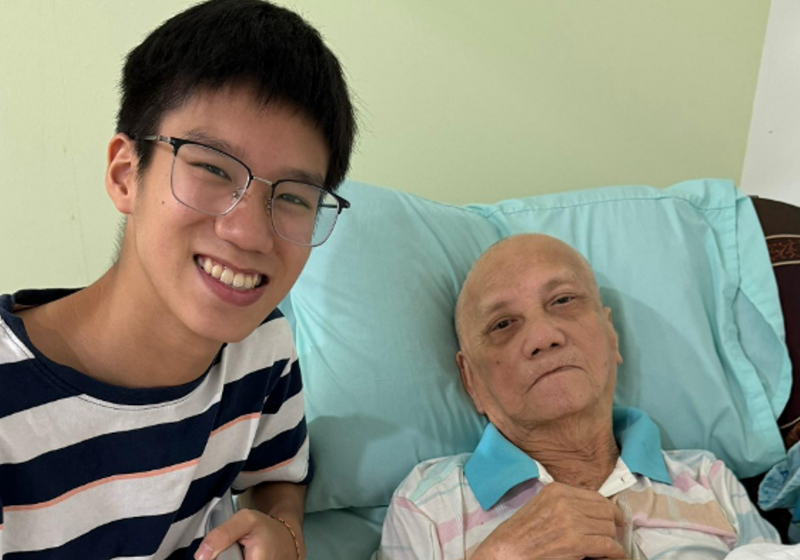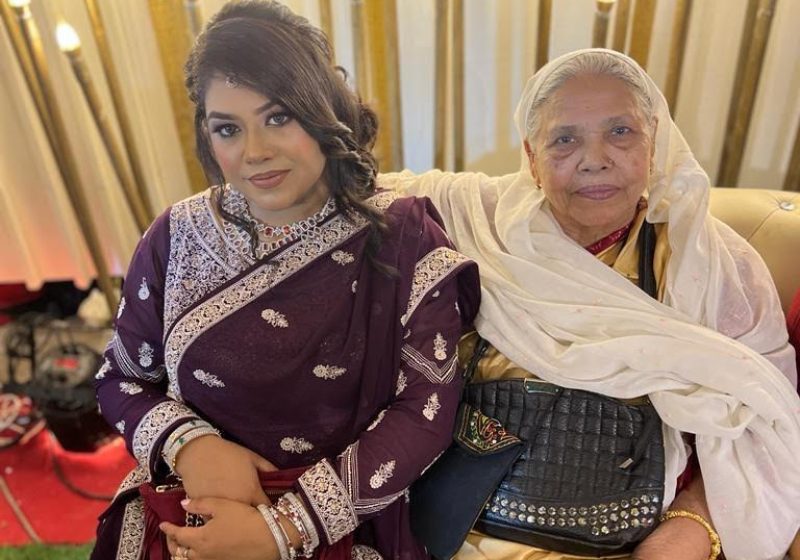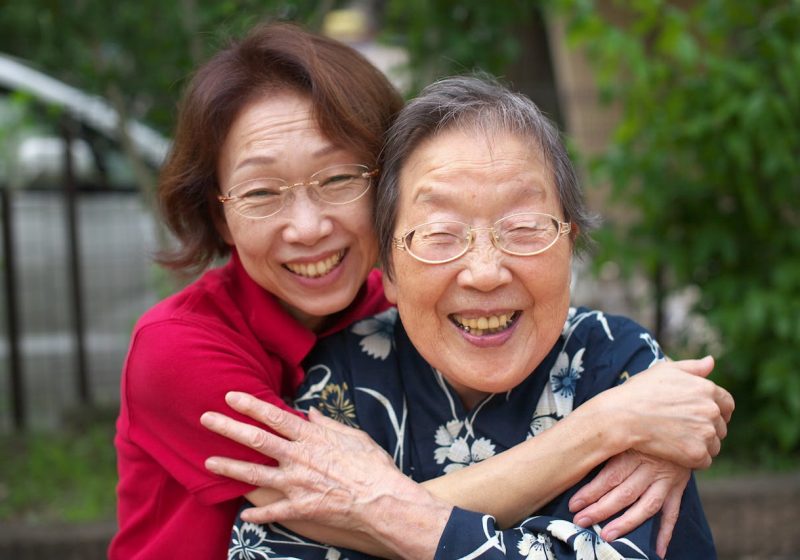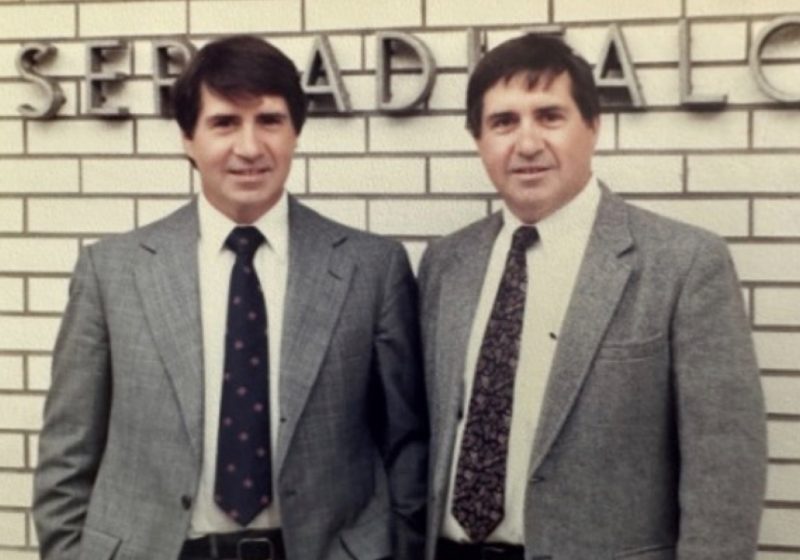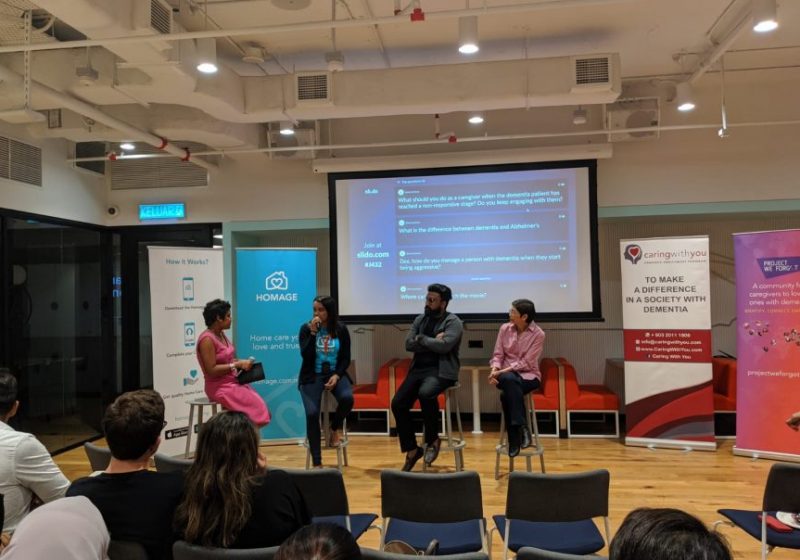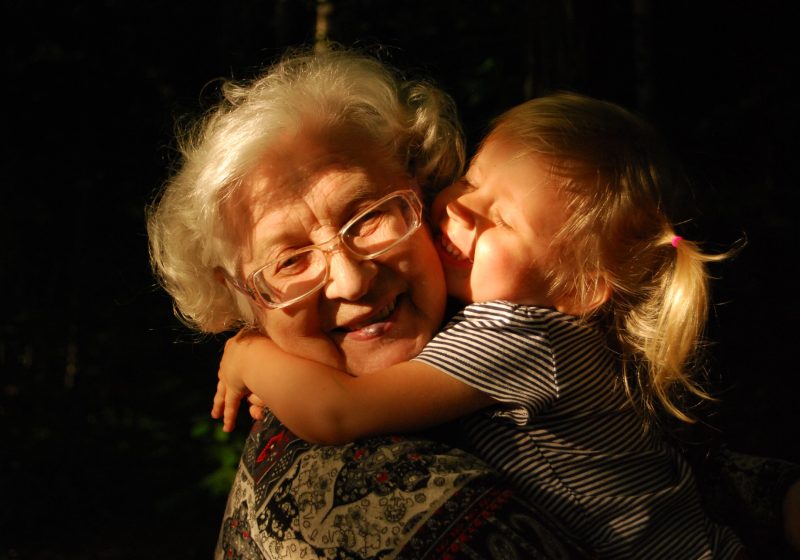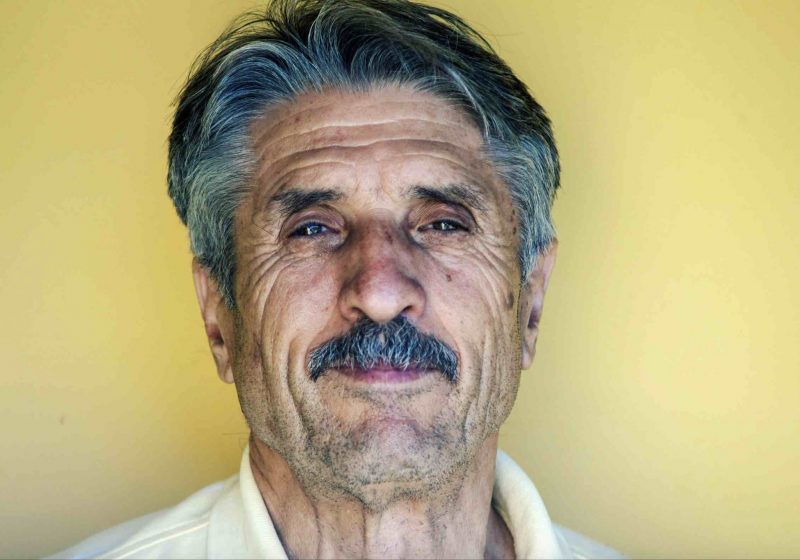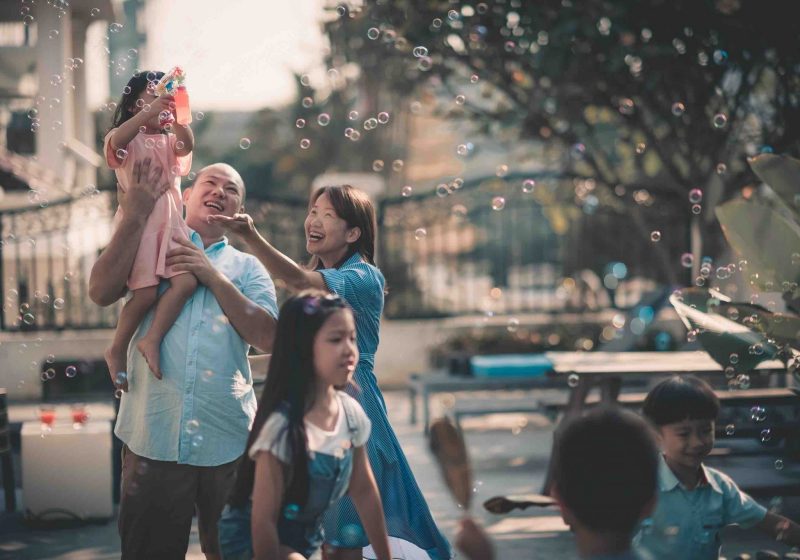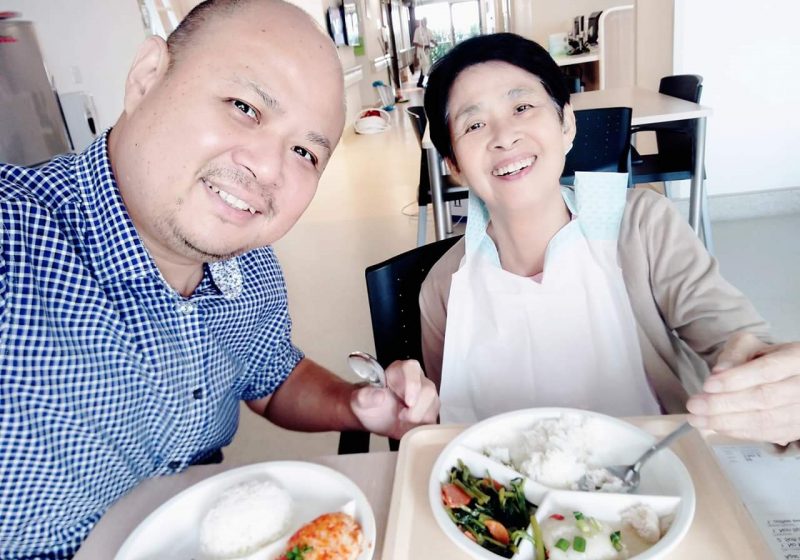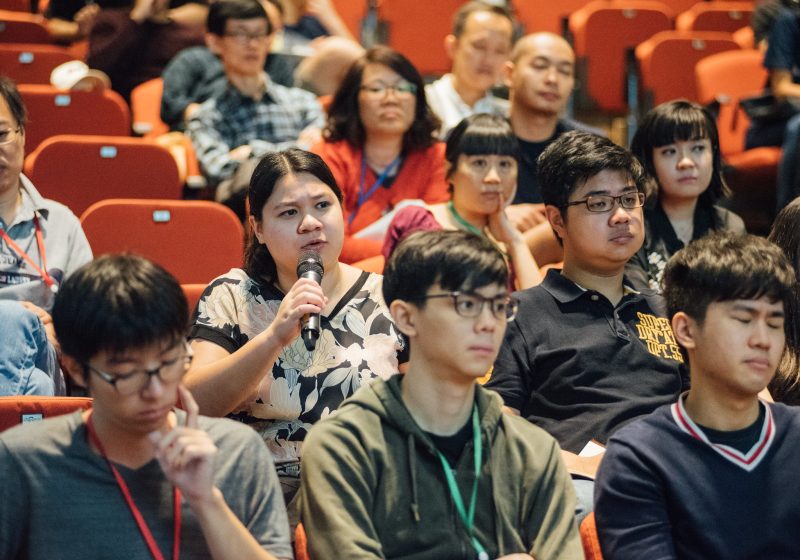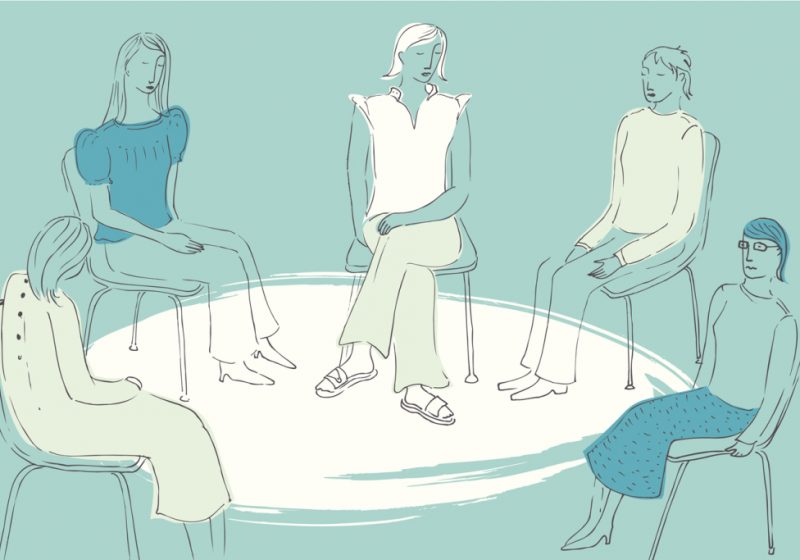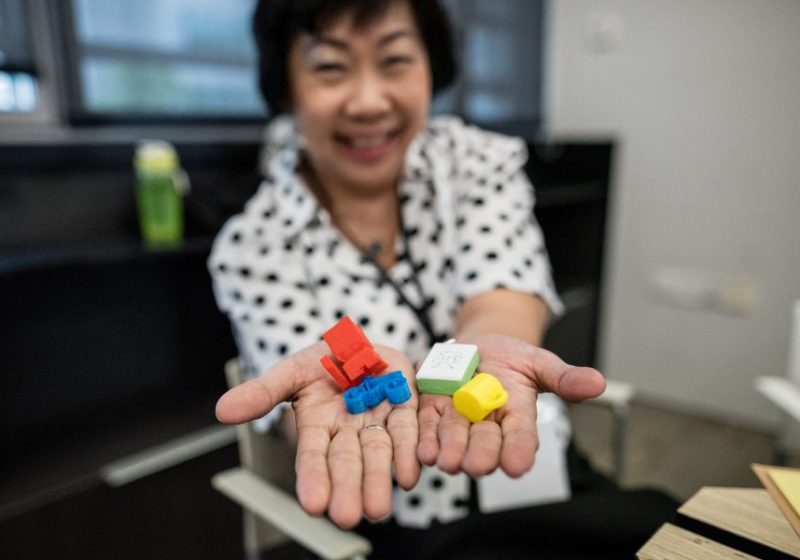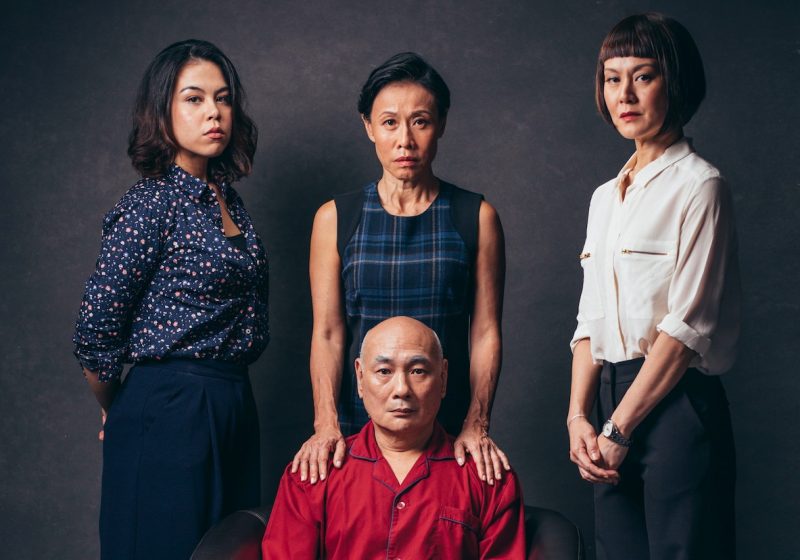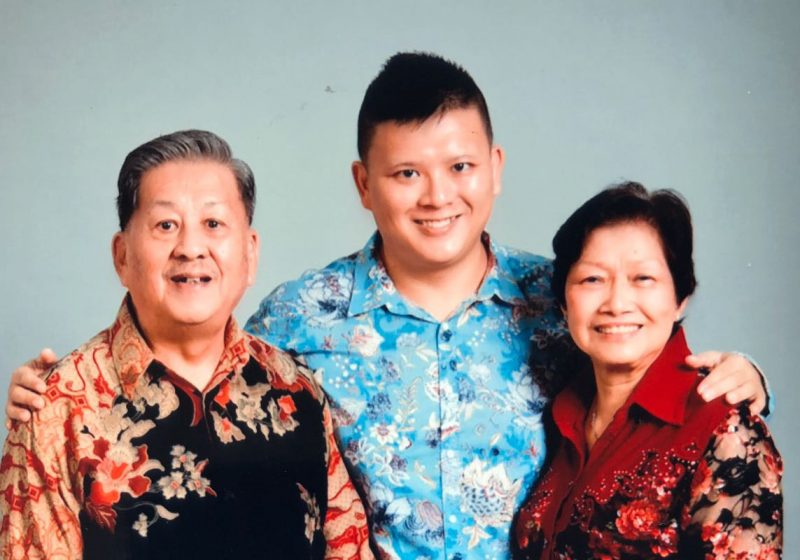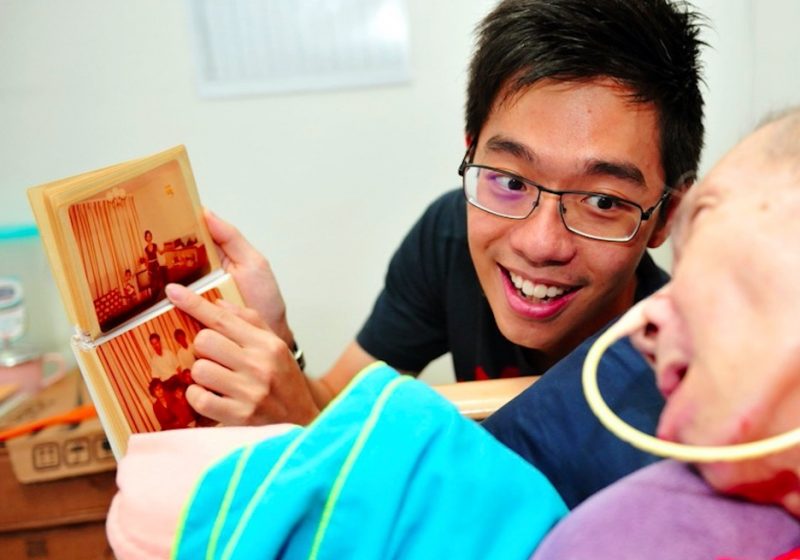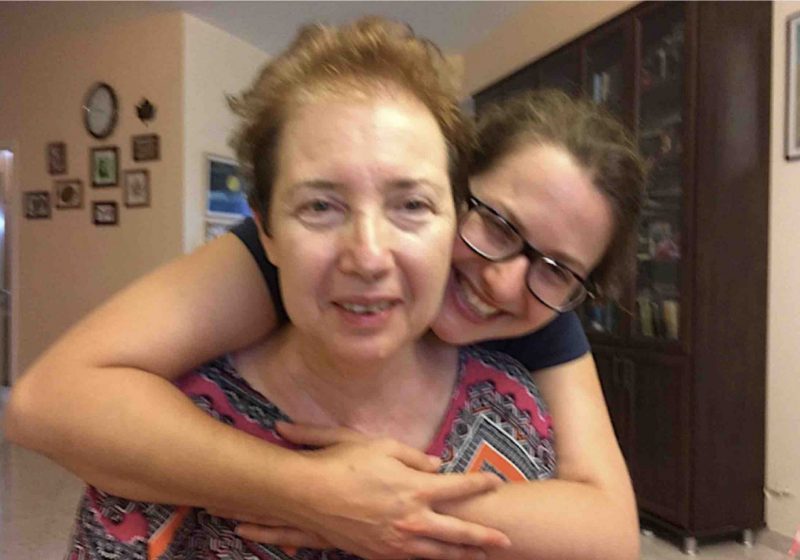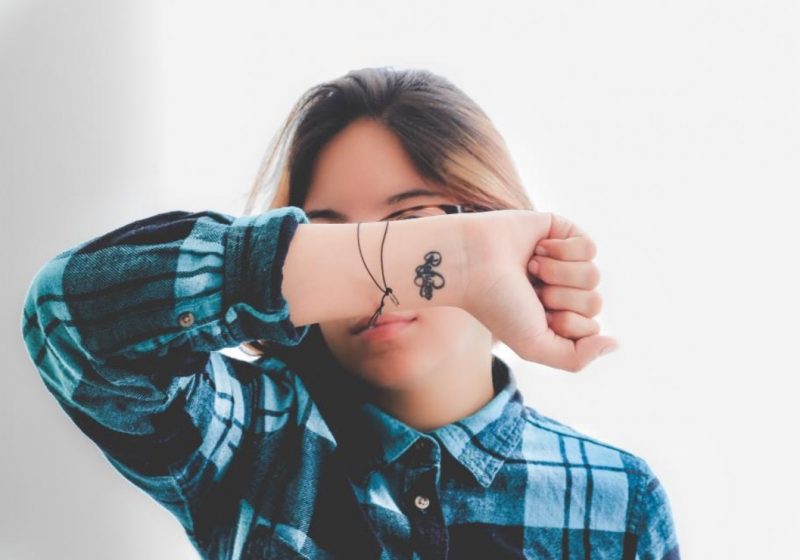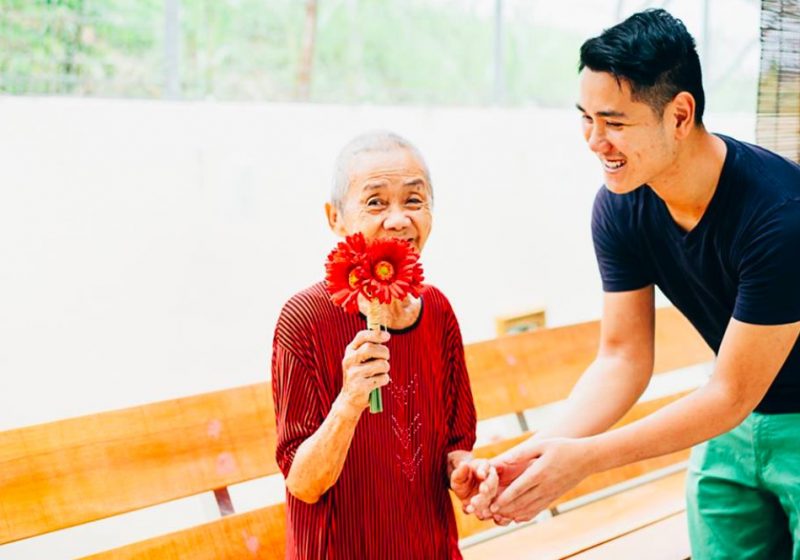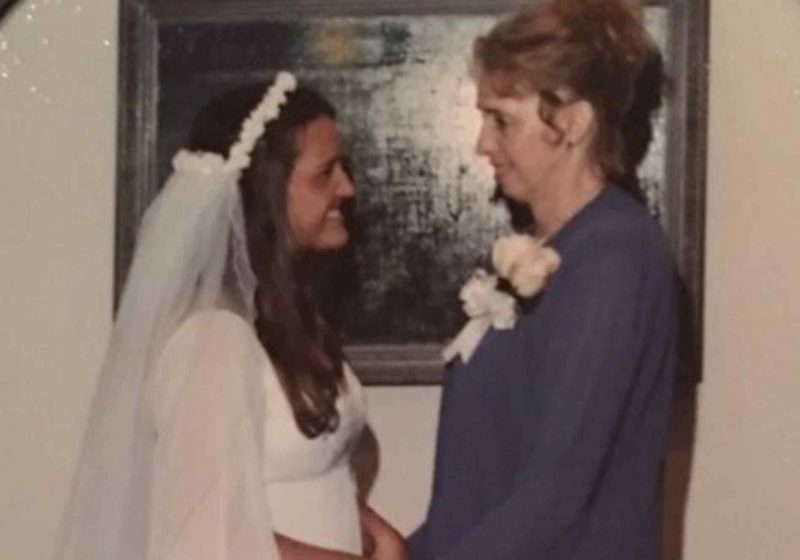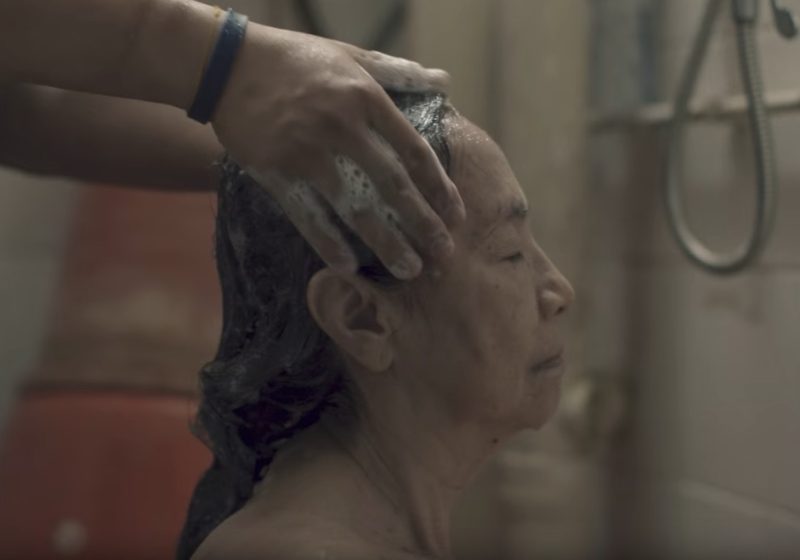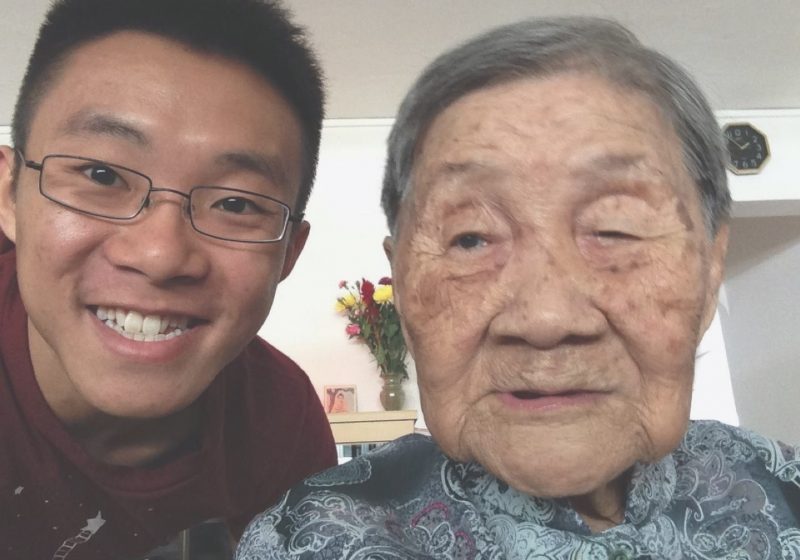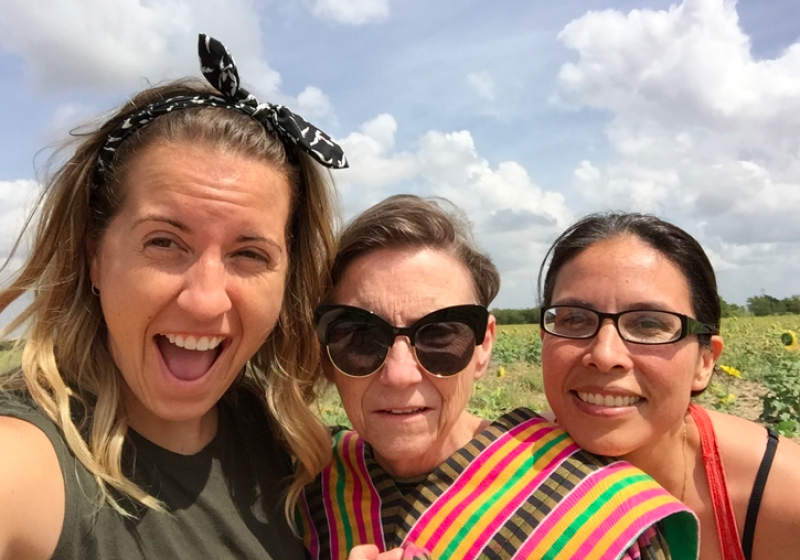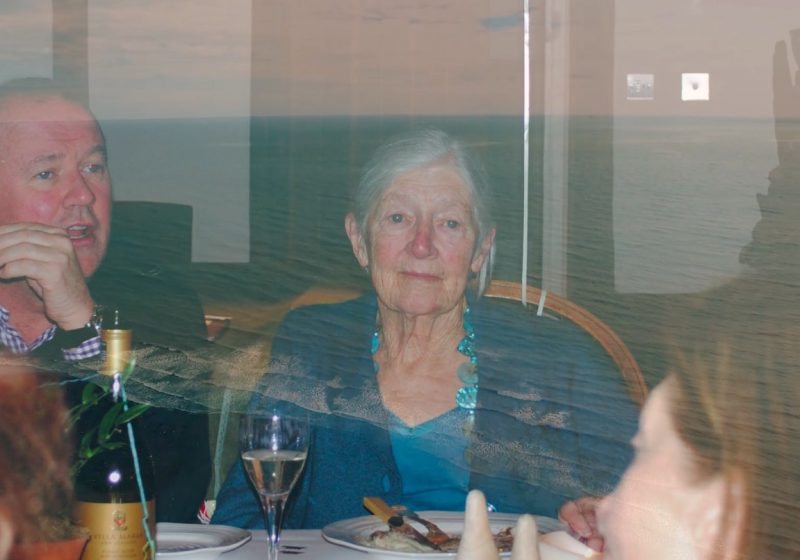Arnav Rajadhyax, from New Delhi, shares a heartwarming and poignant story about his grandmother’s battle with dementia. Though geographically distant during her illness, Arnav’s love and concern for his grandmother shine through.
By Cheryl Bok

Fond Memories and the “Best Fried Fish in the World”
From a young age, Arnav shared a close bond with his grandmother. Visits to her home were filled with fun and energetic play, where Arnav would re-enact Hindu mythology tales, casting himself as the hero and his grandmother as his patient sidekick. “She was always the poor adult forced to play with me,” he recalls. Every visit also brought the promise of the “best fried fish in the world,” which Arnav looks forward to.
However, those treasured moments began to change when his grandmother was diagnosed with Parkinson’s disease in 2008. Over time, the medication she took to manage her condition inadvertently increased her risk of developing dementia and was diagnosed in 2019.
Facing a Complex Disease
Dementia is a complex condition, and many people are unaware that genetics is just one contributing factor; it can also develop from other underlying diseases.
It was only after her death that Arnav truly understood the extent of her pain and suffering.
While initially unaware of the significance of his grandmother’s forgetfulness during video calls, Arnav gradually began to understand the impact of the disease. He highlights the complexity of dementia, emphasizing that genetics is just one piece of the puzzle. “When she was diagnosed, I didn’t really know what it was or what had happened. To me, nothing was different,” Arnav admits. As time passed, he noticed that during their video calls, there was only a fifty-fifty chance she would recognize him. It was only after her death that he truly understood the extent of her pain and suffering.
A Gradual Decline and the Challenges of Distance
The first time Arnav’s family suspected something was wrong was when his grandmother was in the ER; she began to hallucinate and couldn’t remember how she got there. The official diagnosis came in late 2019, by which time the COVID-19 pandemic was at the peak.

Living in different cities, and later, countries, during the pandemic, limited Arnav and his parents’ ability to be physically present with his grandmother. Despite these challenges, they maintained regular contact through phone calls. “Over time, she remembered me less and less,” Arnav shares. The most heartbreaking moment came when she began to forget her son, Arnav’s father. This marked a profound realization for Arnav about the severity of her condition.
Finding Support and Education
Despite physical limitations, Arnav’s family ensured his grandmother received the care she needed by hiring home help. His mother, a medical professional, played a crucial role in educating the family about dementia. Arnav also took it upon himself to learn more through his own research.
Reflecting on his experience, Arnav admits, “I never grappled with the diagnosis. I never really knew what was happening. I heard my parents talking about ‘dementia’ from time to time and never anything else. I gathered that something was wrong during the lockdown and that she was really sick, but again, I was confused about what it was.”

This confusion highlights the significant lack of awareness and understanding about dementia. It was only after his grandmother’s death that Arnav truly comprehended what had happened. It took a couple more years of research and learning for him to fully understand the condition and its impact on a person.
Recognising the importance of raising awareness, Arnav’s motivation to contribute to this cause grew stronger. He engaged with organisations like Project We Forgot, believing that increasing awareness is essential for providing better support to those affected by dementia and their families. Arnav’s journey underscores the necessity of understanding and education in navigating the complex and often overwhelming journey of dementia with greater compassion and resources.
Caregiving at Home
While not a primary caregiver himself, Arnav sheds light on the cultural expectations surrounding dementia care in his family. He observes how his grandfather expected the daughters-in-law to take on the caregiving burden. This expectation reflects a broader societal view where caregiving responsibilities often fall on women.
Involving all family members in caregiving can help alleviate the pressure and stress faced by primary caregivers, usually women.
For more holistic care for the person living with dementia, involving all family members in caregiving can also help alleviate the pressure and stress often experienced by primary caregivers, usually women. By sharing responsibilities, families can ensure that the emotional and physical well-being of the caregiver is also looked after.
A Positive Spirit Amidst Loss
While living with dementia, Arnav remembers his grandmother as an optimist who continued to socialise and live an active life. “She seemed sad that she was forgetting things, forgetting her family,” Arnav notes, but her optimistic nature shone through. She continued to socialise, go on walks, and engage with friends, maintaining a semblance of normalcy in her life.
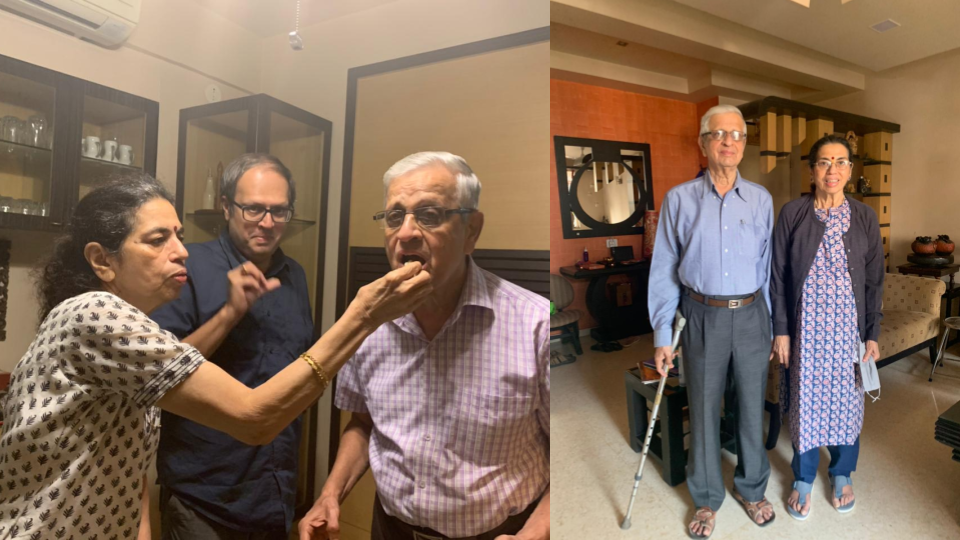
Raising Awareness & Community Support
Arnav believes that education and community support programs are crucial for families facing dementia. “There must be programs aiming to educate families of those with dementia on the appropriate way to care,” he suggests.
Arnav’s story is a testament to the enduring power of love and the importance of education advocating for dementia. It serves as a reminder that with awareness and support, families can navigate the complexities of this disease with compassion and understanding.


